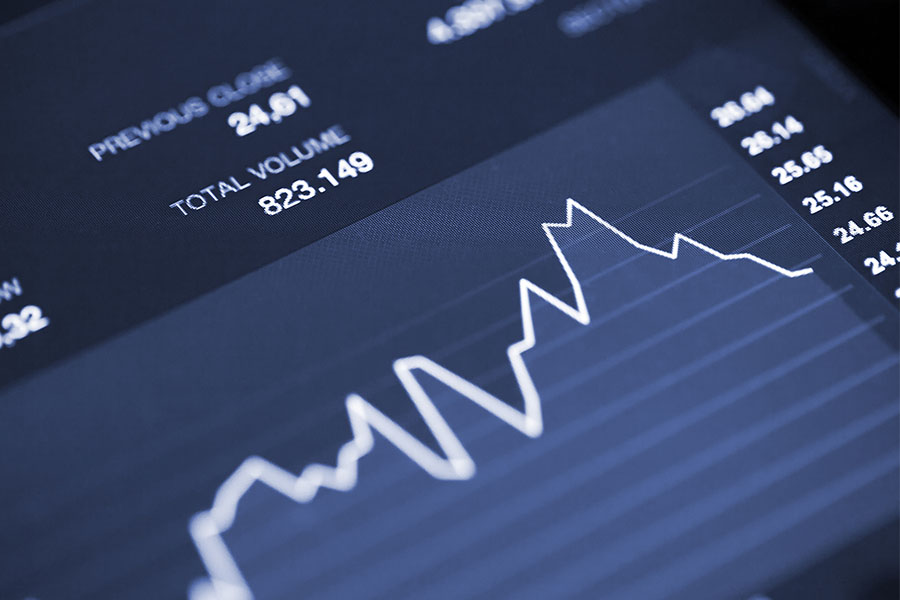

In case you have not followed it, the election was this week. It’s Thursday, and we still do not know who our president will be. Though it seems more apparent who the winner will be, that’s not been the case all week.
We’ve been told almost all year that we would end up with a Trump loss. Heading into the last week before the election, many polls showed an unsurmountable Biden lead. As is usually the case, as the election approached, some of those polls closed but still had a reasonably safe Biden win.
The night of the election and today it’s been a rollercoaster ride of uncertainty. Regardless of your side of the aisle, it has constantly vacillated from confidence to depression. In the meantime, the market has been steady. Why?
4 Years Ago
Remember the market crash on the night of the 2016 election? The stock market took a steady dive as Trump moved from a less than 15% chance of winning to being the next president. I vividly remember one of my friends panicking and blaming conservatives for “destroying my retirement.” I also remember telling him to give it time; the market is overreacting and will recover.
It did recover, and quickly. It was back to where it closed by the market open the next morning. In 2016 there were very few economic concerns outside of potential policy concerns. The market wasn’t worried about Trump’s policies as much as it was unsure what he’d do.
As people fearful sold off, people like me (except with much more money) saw a great buying opportunity and jumped in. They drove the prices right back to where they began.
This Year
This is 2020. It’s been a different year, and there are economic concerns, mostly concerning the coronavirus. If you follow the market over the year, the ups and downs have roughly coincided with virus-based panic. The election does not appear to have affected the market at all. Why?
2 Reasons
First, presidents do not affect policy as much as we’d like to think. The truth is, all the president can do, is ask for legislation. It’s up to Congress to create and pass the legislation. It appears Congress will stay relatively unchanged. The Republicans should pick up a couple of seats in the House but still be the minority, and the minority Democrats may only pick up one seat in the Senate. This power split will make wholesale policy change difficult, which is good for the market.
The second reason concerns the Federal Reserve more than the president. Much of what we have seen over the past 40 years of economic growth has resulted from drastically decreasing interest rates. President Trump and President Obama saw exceptional stock market growth and benefited from the Federal Reserve Bank’s low-interest rates and quantitative easing measurements.
Advocates of low-interest rates will argue that they help the economy and will not affect inflation. In reality, they have caused inflation in the stock market. When I first got into financial planning in 2005, our most significant economic worry was the coming Babyboomer retirement. There was a lot of fear about boomers retiring and transitioning from putting money into the stock market to pulling money out. This trend has been going on for a few years now. While that should decrease demand and increase the supply of stocks, leading to market drops, the stock market has soared. Inflation.
What Does All This Mean?
The president means a lot less than you think. They can lead the policy by asking Congress to act, but they cannot set policy. They can request action from the Federal Reserve Bank (as President Trump did throughout his term) but cannot set interest rates.
Instead, the US stock market is an essential part of a global economy, and at this point, we still are one of the world’s best economies, and people want to invest in our stock market. The president has very little power to change that.
For informational purposes only. It is important to consult a professional before implementing any strategies or ideas.
